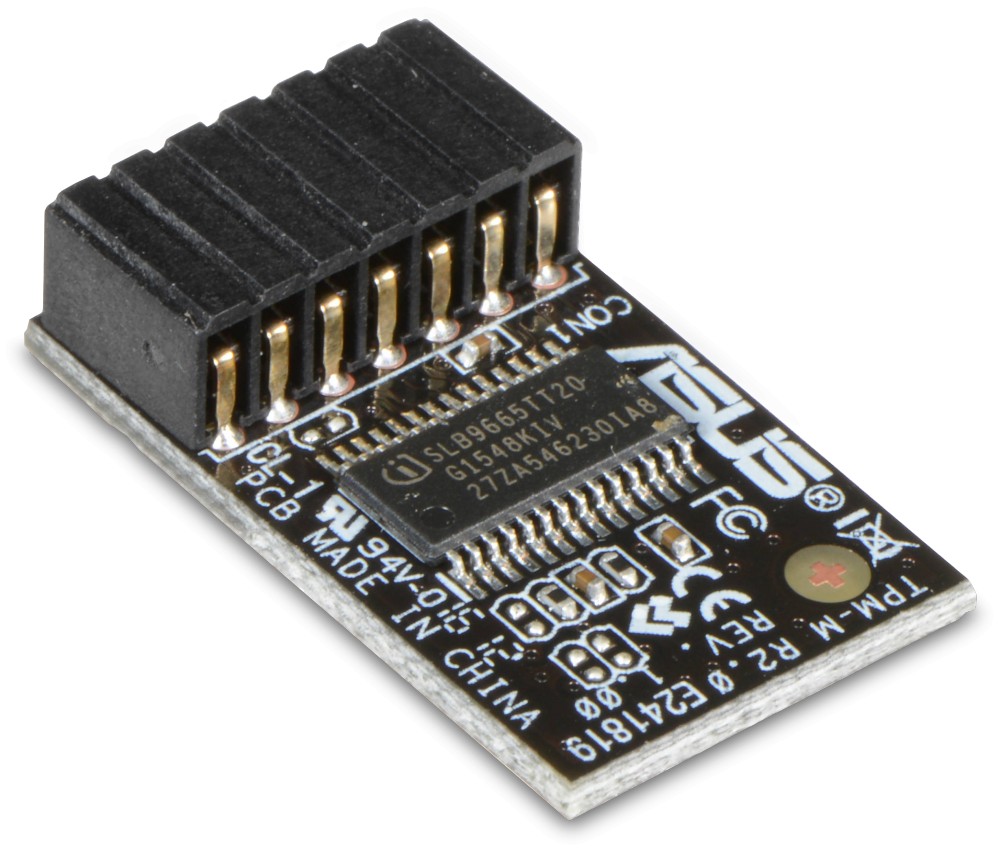


This may be a new level of anti-cheat security, but it's not the first time Valorant's anti-cheat has met controversy. Anti-Cheat Police Department 🕵️ September 3, 2021 team yet again leading the anti-cheat industry in the right direction for competitive integrity /qgTM1yNqdA Valorant has started to enforce both TPM and Secure boot if YOU are playing on Windows 11 to ensure a trusted platform when playing Valorant. Secure boot seems to be what's confusing people trying to play Valorant, as tutorials on how to fix VAN9001 mostly involve activating secure boot in the BIOS. Windows 11 itself already requires TPM 2.0 which has caused a considerable amount of confusion among users trying out the operating system before its full release later this year. The screencaps of the posts seem to confirm Riot is requiring both to play Valorant on Windows 11. They show a "VAN9001" error that seems to occur when trying to play Valorant on Windows 11 without TPM2.0 or secure boot enabled. Valorant's "Vanguard" anti-cheat is already known to be on the stricter side, and now Riot seems to be making use of Windows 11's controversial hardware requirements.Īnti-Cheat Police Department, a Twitter account that aggregates reports on cheating in online games, recently collected some forum posts from users having issues running Valorant on Windows 11. In context: Reports from users trying out Windows 11 are starting to indicate that the anti-cheat software in Riot Games' competitive first-person shooter requires secure boot and Trusted Platform Module 2.0 (TPM 2.0) when played on Microsoft's upcoming operating system.


 0 kommentar(er)
0 kommentar(er)
